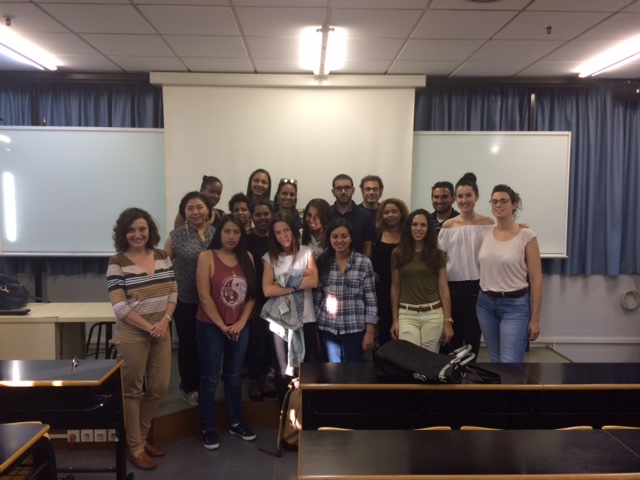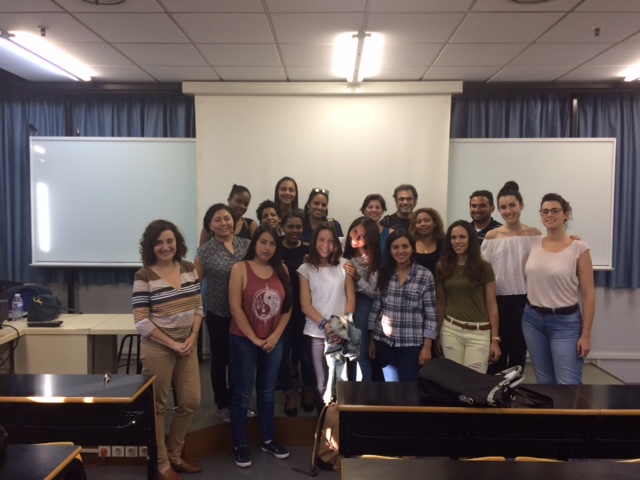
If the plan is effective it will be launched in more places so as to eliminate a disease that affects much of the African continent. The plan consists of several parts , here we will explain.
29 january 2016
Magude is a district in Mozambique, frontier with South Africa and with a 9% of the population infected with a microscopic parasite called plasmodium, responsible for malaria. It is a relatively low percentage for the country -although some areas exceed 50%-, but it is a number high enough to check if the eradication is effective. Hence, a pilot plan is being put into force in the district to show that the disease can be beaten. The main aim, apart from making the disease disappear in Magude, is to transfer it to many other place to put an end to malaria, which killed 438000 people in 2015 and produced 214 million new cases. A disease which affects the territory and a large part of the African continent.
Maltem is the Mozambican Alliance towards the Eradication of Malaria in Mozambique and the one in charge of putting the plan in force. It aims at eradicating the disease in all the Maputo province before 2020, and the first step is to reach it in Mangude, a district of 51,000 citizens, in order to keep on advancing towards the rest of the departments.
The alliance is composed of, apart from the Ministry of Health of Mozambique, the CSIM and over 15 international organisations, includes the Bill Foundation, Melinda Gates Foundation and La Caixa, which has promoted and defrayed the project with 21 million euros. Out of this quantity, only a little part, 209000 euros, are destined to buy medicines, a last-generation medication against Malaria -known as Eurasrtesim- which, although has received the WHO’s preapproval, is not yet of common use. However, what is really costly is all the technical, logistic and scientific knowledge infrastructure needed to for the plan to be carried out; hence, the first thing done was to contract 538 workers with the only requisite that they spoke Changana, Magude’s dialect, where most citizens do not understand Portuguese, the official language of Mozambique.
The pilot plan centres around applying all available resources against the disease in order to check if it is possible to totally eradicated within a specific zone and time period. Its weapons are mosquito nets, insecticides and medicines, all of them imperfect tools but which have been proven useful in the fight against the parasite. Thanks to them, mortality has dropped 60% in the last 15 years and, according to the WHO, six millions of deaths around the world.
However, there may be obstacles which may intervene in the road to success, such as the migration of people who bring the disease with them from other territories, the rejection of medication due to cultural prejudices or mere superstition or the mosquito’s insecticides.
The plan goes through three phases:
- Fumigating all houses in order to fight the greatest number of anopheles mosquitoes possible, the disease’s vector, which provokes infection taking the parasite from some people to others through the bite.
- Medicating all the population with a drug which not only eliminates the plasmodium from its host, but also has a prophylactic effect and avoids to be infected again in four or five weeks.
- Monitoring the few cases which may arise after the first two phases to reinforce medication and fumigation in specific homes and surroundings where sprouts may arise.
This month of January, the MDA (Massive Drug Administration) second phase has started; and will continue, during the following months, with the follow up in order to know if this plan can ultimately be applied to other places.
The first week of December 2014, Magude registered 117 malaria cases, the same as in 2015. After the massive drug administration last year, the number was as low as 15. There is hope.











